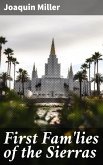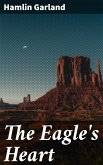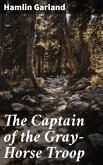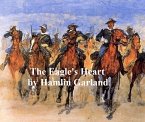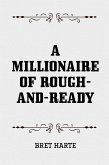In "Money Magic," Hamlin Garland explores the intricate relationship between wealth and happiness through a compelling narrative infused with elements of realism and social critique. Set against the backdrop of early 20th-century America, the novel employs richly descriptive language and vivid characterizations, reflecting Garland's commitment to depicting the life of ordinary people grappling with the complexities of societal expectations and material ambition. The work is not merely a tale of financial pursuit; it delves deep into the moral dilemmas faced by its characters, revealing how the quest for economic stability can lead to both fulfillment and disillusionment. Hamlin Garland, a prominent figure in American literature and a key voice in the Regionalist movement, draws from his Midwestern upbringing and experiences to inform the themes of "Money Magic." His personal encounters with poverty and the harsh realities of rural life profoundly shaped his understanding of the struggles that accompany the pursuit of the American Dream. Garland's body of work often reflects his advocacy for social reform and his keen insight into the lives of working-class individuals, which is poignantly captured in this novel. This book is highly recommended for readers interested in the intersections of finance, morality, and human experience. Garland's nuanced storytelling invites readers to reflect on their values and choices in a society increasingly driven by materialism, making "Money Magic" a timeless exploration of the true cost of wealth. In this enriched edition, we have carefully created added value for your reading experience: - A succinct Introduction situates the work's timeless appeal and themes. - The Synopsis outlines the central plot, highlighting key developments without spoiling critical twists. - A detailed Historical Context immerses you in the era's events and influences that shaped the writing. - A thorough Analysis dissects symbols, motifs, and character arcs to unearth underlying meanings. - Reflection questions prompt you to engage personally with the work's messages, connecting them to modern life. - Hand-picked Memorable Quotes shine a spotlight on moments of literary brilliance. - Interactive footnotes clarify unusual references, historical allusions, and archaic phrases for an effortless, more informed read.
Dieser Download kann aus rechtlichen Gründen nur mit Rechnungsadresse in A, B, BG, CY, CZ, D, DK, EW, FIN, F, GR, H, IRL, I, LT, L, LR, M, NL, PL, P, R, S, SLO, SK ausgeliefert werden.



